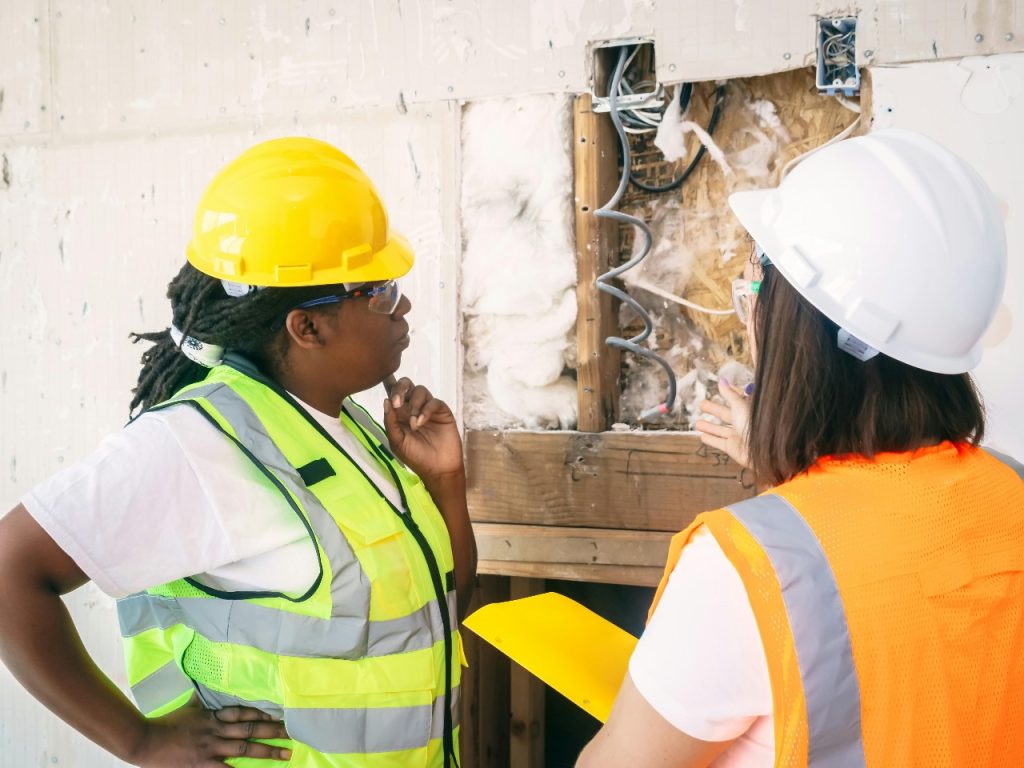Hawaii Trade Schools Offering In-Demand Career Training

When it comes to building a successful career in Hawaii, choosing the right educational path is crucial. For many, Hawaii trade schools provide an excellent opportunity to gain hands-on skills and enter high-demand industries quickly. Whether you’re looking to become an electrician, HVAC technician, welder, or pursue other skilled trades, trade schools in Hawaii offer targeted training that aligns with the state’s economic needs.
In this article, we’ll explore everything you need to know about hawaii trade schools, including the benefits of attending, popular programs available, and tips for choosing the right school to jumpstart your career.
Why Choose Hawaii Trade Schools?
Focused, Practical Education
Unlike traditional four-year colleges, Hawaii trade schools specialize in career-focused training. This means students receive hands-on experience with tools, equipment, and real-world scenarios. The curriculum is designed to prepare students for immediate entry into the workforce, reducing the time and expense compared to traditional degrees.
Strong Job Market Alignment
Hawaii’s economy relies heavily on sectors like construction, hospitality, energy, and maritime industries. Trade schools tailor their programs to meet the demands of these sectors, ensuring graduates have the skills employers need. With industries continually evolving, trade schools update their training programs to reflect new technologies and regulations.
Cost-Effective and Time-Saving
The average program at Hawaii trade schools lasts from six months to two years, significantly shorter than a bachelor’s degree. This condensed timeline allows students to start earning sooner. Tuition is often more affordable, and financial aid options are available for qualifying students, making these schools accessible to many.
Popular Programs at Hawaii Trade Schools
Electrical and Construction Trades
The construction industry in Hawaii is booming, creating a strong demand for skilled workers. Trade schools offer programs such as:
- Electrical Technician Training
Students learn wiring, circuitry, safety codes, and installation practices to prepare for licensing exams and work on residential or commercial projects. - Carpentry and Building Construction
This program covers blueprint reading, framing, roofing, and finish carpentry, enabling graduates to contribute to various building projects. - Plumbing and Pipefitting
Training focuses on installing, repairing, and maintaining plumbing systems, which is critical in both residential and commercial properties.
HVAC (Heating, Ventilation, and Air Conditioning)
With Hawaii’s tropical climate, HVAC technicians are in constant demand for installation and maintenance of cooling systems. Trade schools provide comprehensive HVAC training, including refrigeration technology, system diagnostics, and environmental regulations.
Welding and Fabrication
Welding skills are essential in Hawaii’s construction, maritime, and manufacturing industries. Programs emphasize safety, different welding techniques, metallurgy, and blueprint reading. Graduates are prepared for certifications like the American Welding Society (AWS) credentials.
Automotive Technology
Automotive programs teach diagnostics, engine repair, and electrical systems maintenance. As vehicles become more advanced, trade schools in Hawaii incorporate hybrid and electric vehicle technology into their curricula.
How to Choose the Right Hawaii Trade School
Accreditation and Licensing
Ensure the trade school you choose is accredited by recognized agencies and meets state licensing requirements. Accreditation guarantees that the program meets quality standards and can affect eligibility for financial aid.
Program Offerings and Specializations
Look for schools that offer programs aligned with your career interests and goals. Some trade schools may have partnerships with local businesses or apprenticeship programs, providing valuable on-the-job experience.
Experienced Instructors and Facilities
Qualified instructors with industry experience enhance the learning process. Also, consider the school’s facilities and equipment—modern tools and labs will prepare you better for real-world work environments.
Job Placement Assistance
Many Hawaii trade schools provide career services such as resume building, interview preparation, and job placement support. Schools with strong employer networks can help graduates find employment more quickly.
The Growing Importance of Skilled Trades in Hawaii
Economic Impact
Skilled trades are vital to Hawaii’s infrastructure and economy. From maintaining the power grid to building resorts and ports, tradespeople ensure the state’s industries operate smoothly.
High Demand and Job Security
The demand for trades professionals in Hawaii is expected to grow due to retirements and ongoing development projects. Skilled workers often enjoy job security, competitive wages, and opportunities for advancement.
Career Advancement and Entrepreneurship
Trade careers offer clear paths for advancement, including supervisory roles or specialized certifications. Many tradespeople also start their own businesses, benefiting from Hawaii’s growing economy and need for quality services.
Financial Aid and Scholarships for Hawaii Trade Schools
Federal and State Grants
Students attending Hawaii trade schools may qualify for Pell Grants and state-specific financial aid programs that do not require repayment.
Scholarships for Trade Students
Many organizations, including industry groups and local businesses, offer scholarships specifically for trade school students in Hawaii. These can help reduce tuition costs significantly.
Employer Tuition Assistance
Some employers provide tuition reimbursement or support apprenticeships, allowing students to earn while they learn.
Success Stories: Real Graduates from Hawaii Trade Schools
From Student to Electrician in Two Years
A recent graduate of an electrical program shared how the hands-on training at her Hawaii trade school prepared her for the licensing exam and immediate employment with a construction company. She praised the instructors’ industry connections and practical approach.
Launching a Welding Business
Another student completed a welding program and quickly found work in shipbuilding. With experience and certifications earned through the trade school, he later started his own fabrication business, highlighting the entrepreneurial potential of trade careers.
Conclusion
For those seeking a rewarding and practical career path in Hawaii, Hawaii trade schools offer invaluable opportunities. These schools provide focused, hands-on training in fields that are essential to the state’s economy, helping students gain the skills needed to succeed quickly. By choosing the right trade school, leveraging financial aid, and focusing on in-demand careers, you can build a stable, well-paying career in Hawaii’s thriving trades sector. Whether you’re entering the workforce for the first time or seeking a career change, exploring the programs available at Hawaii trade schools is a smart step toward your professional future.




